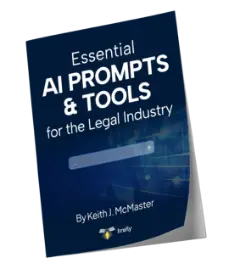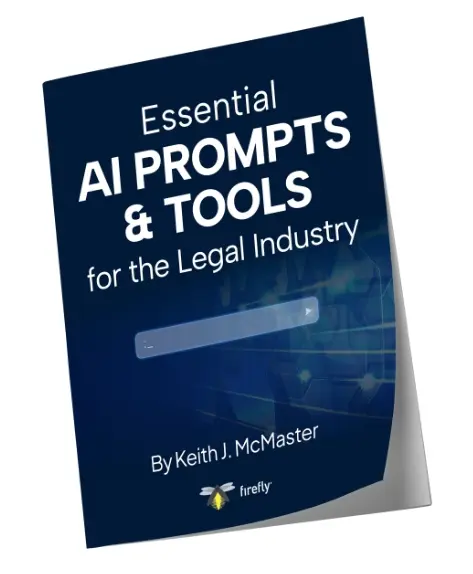As we say so long to summer and the familiarities of fall creep back into our daily lives, make sure you don’t let the small moments go by without notice; so, smell the burning leaves, swill the apple cider, and snuggle into a soft hoodie. Because when our lives are filled with so many things, small and large, to appreciate, it’s easy to miss the white noise of justice that’s always humming in the background.
Tomorrow is the very first Due Process Day, and it’s important to fill you in on what the “Due Process” in Due Process Day is really all about. Could you imagine living a life under a tyrannical government? With it being election time, I’m sure many of you may be shaking your heads and thinking “Well, if so-and-so is elected or re-elected, we might as well be…” but realistically, that’s not going to happen because of the US Constitution, the Bill of Rights, and specifically, because of due process.
When our forefathers established the United States of America, they created and adopted the US Constitution. It outlines and highlights everything our country stands for. These sacred documents give us the ability to live freely in this great nation.
We all should be well aware due process as it is undeniably an integral component in our business- our process servers put due process into action every day. When we serve papers, we are protecting this very right. You may be well aware of the term, but how many of you have really thought about the meaning and implications of the term “due process”?
Due process appears in the Fifth Amendment of the Bill of Rights; it is later addressed in more detail in the Fourteenth Amendment.
No person shall be held to answer for a capital, or otherwise infamous crime, unless on a presentment or indictment of a Grand Jury, except in cases arising in the land or naval forces, or in the Militia, when in actual service in time of War or public danger; nor shall any person be subject for the same offence to be twice put in jeopardy of life or limb; nor shall be compelled in any criminal case to be a witness against himself, nor be deprived of life, liberty, or property,without due process of law; nor shall private property be taken for public use, without just compensation.
In the Fourteenth Amendment, the due process clause states:
All persons born or naturalized in the United States, and subject to the jurisdiction thereof, are citizens of the United States and of the State wherein they reside. No State shall make or enforce any law which shall abridge the privileges or immunities of citizens of the United States; nor shall any State deprive any person of life, liberty, or property, without due process of law; nor deny to any person within its jurisdiction the equal protection of the laws.
In layman’s terms, no one can just take someone’s life, their freedom, or their property away from them. It’s about fairness, and due process protects us from the creation of vague laws that could jeopardize our freedom. ServeNow drafted up a fantastic article that breaks down ten interesting bits of information about due process that you may not have known. Check it out here: 10 Things You Probably Didn’t Know About Due Process.
Happy Due Process Day!







